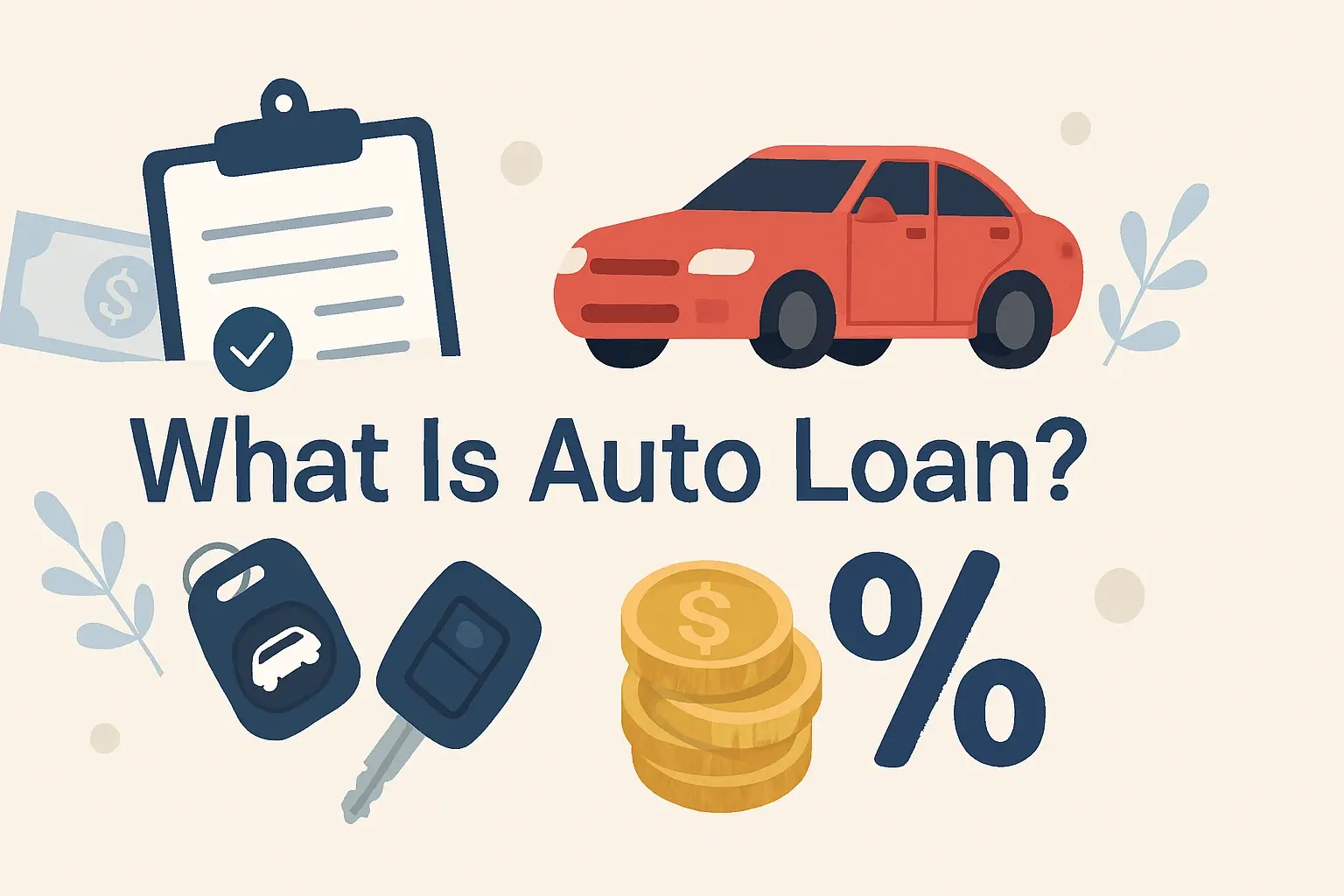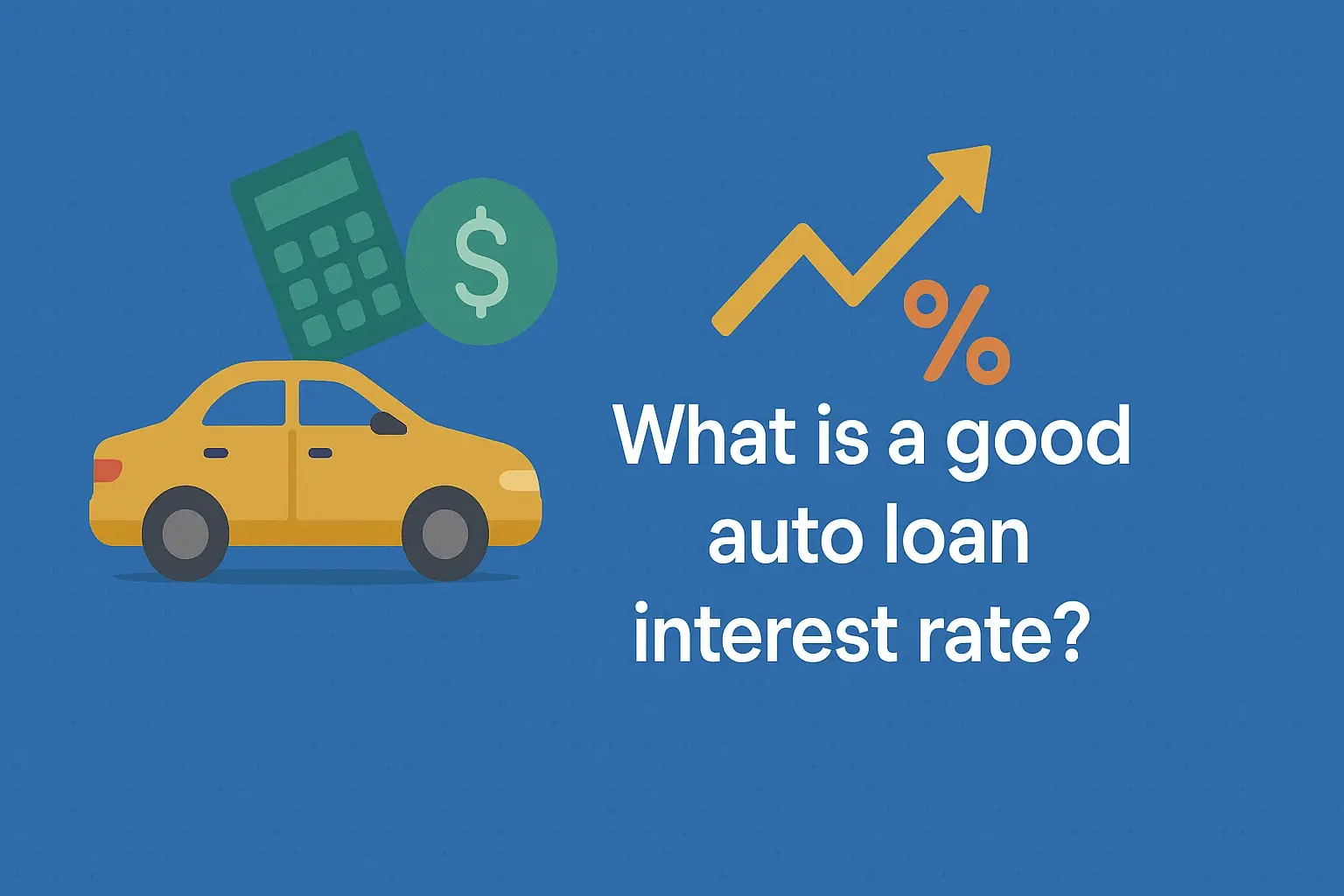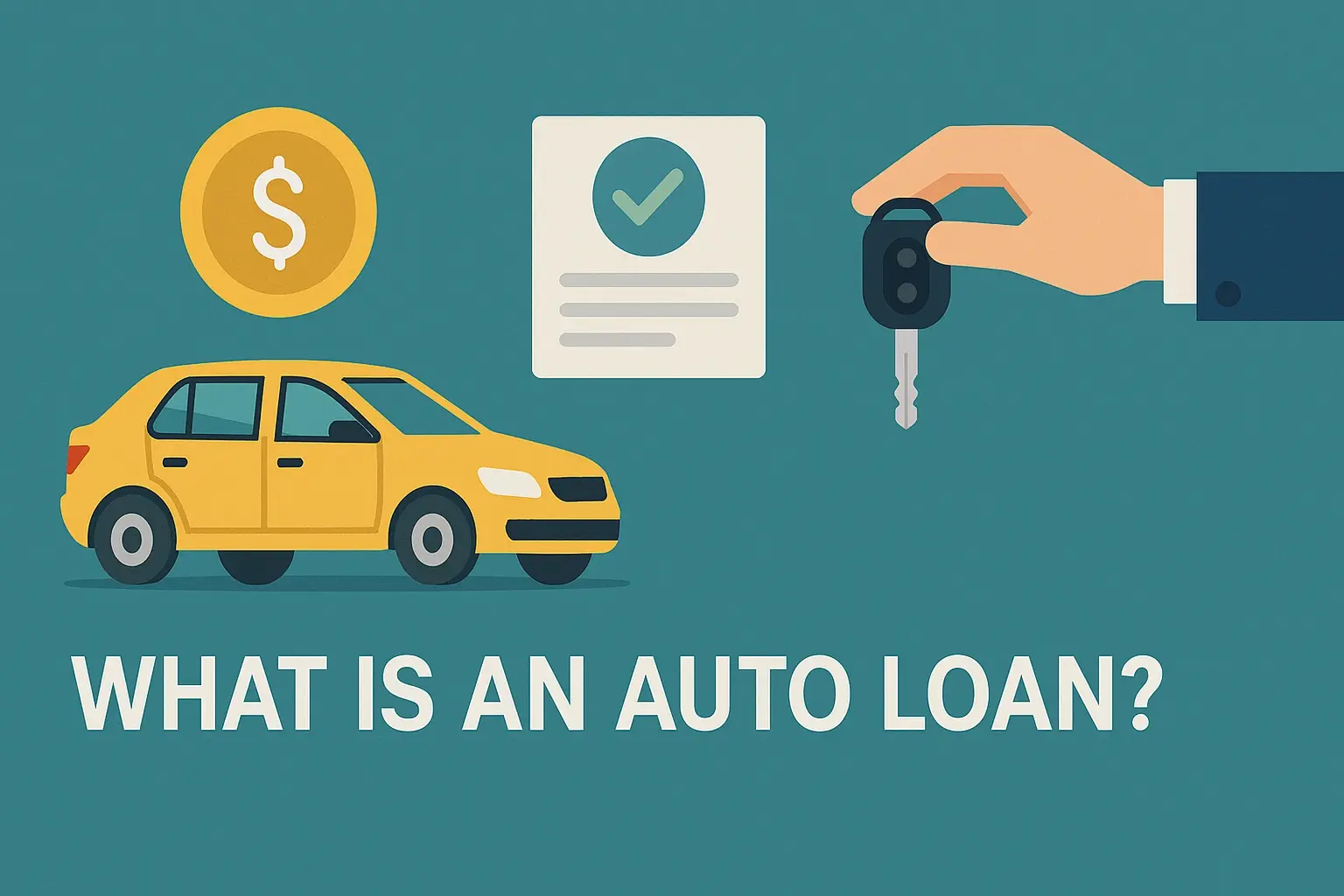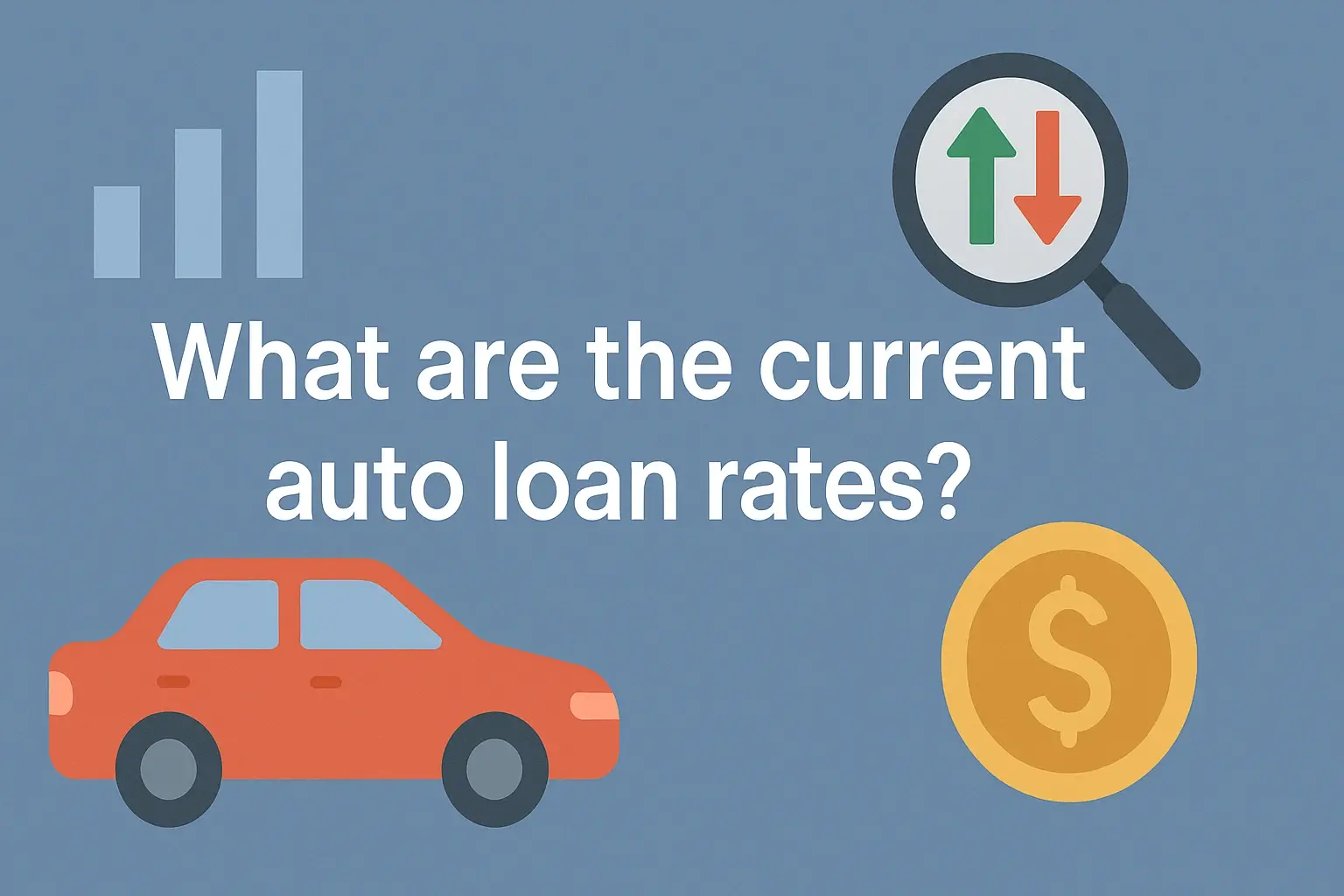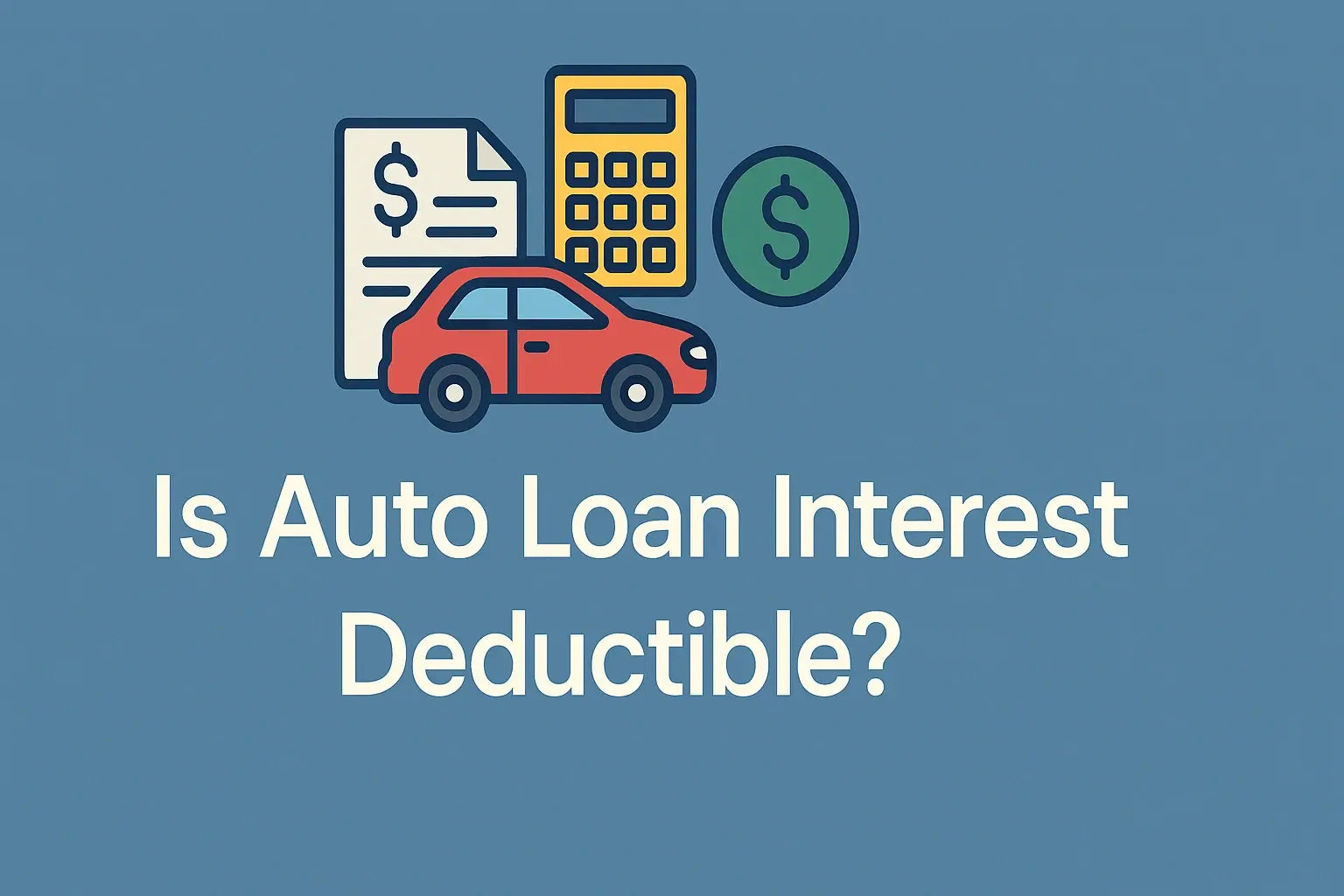-
Posted on: 26 Jul 2024

-
Buying a home is a significant milestone, and your credit score plays a crucial role in determining how much you can borrow. A credit score of 650 falls within the "fair" credit range. While it's not considered excellent, it's often sufficient to qualify for a home loan. However, the loan amount you can secure will depend on a variety of factors beyond just your credit score.
Understanding the Impact of a 650 Credit Score on Mortgage Approval
A 650 credit score tells lenders that you're a moderate-risk borrower. You've likely managed your credit responsibly in the past, but there might be some blemishes on your credit history, such as occasional late payments or a slightly higher debt utilization ratio. Lenders will consider this score alongside other aspects of your financial profile to assess your ability to repay the loan.
Factors Influencing Your Loan Amount
Here's a breakdown of the key factors lenders consider when determining how much they're willing to lend you:
- Income: Your income is a primary factor. Lenders want to ensure you have a stable and sufficient income to cover your monthly mortgage payments, property taxes, homeowner's insurance, and any other debts.
- Debt-to-Income Ratio (DTI): DTI compares your monthly debt payments to your gross monthly income. A lower DTI indicates that you have more disposable income and are less likely to default on your loan. Lenders generally prefer a DTI of 43% or lower, though some may accept higher ratios depending on other factors.
- Down Payment: The amount of your down payment significantly affects the loan amount you need and can influence your interest rate. A larger down payment demonstrates financial stability and reduces the lender's risk. With a 650 credit score, a larger down payment can significantly improve your chances of approval and secure more favorable terms.
- Loan Type: Different loan types have different credit score requirements and maximum loan amounts. FHA loans, for example, are often more lenient with credit scores than conventional loans.
- Assets: Lenders may also consider your assets, such as savings accounts, investment accounts, and other valuable possessions. These assets demonstrate your overall financial strength and can provide a cushion in case of financial hardship.
- Property Appraisal: The appraised value of the home you want to buy is crucial. The loan amount cannot exceed the appraised value. A low appraisal can prevent you from getting the loan amount you need.
Types of Mortgages Available with a 650 Credit Score
While a 650 credit score might limit your options compared to borrowers with higher scores, you still have several mortgage options to explore:
FHA Loans
FHA (Federal Housing Administration) loans are insured by the government and are designed to help borrowers with lower credit scores and smaller down payments. FHA loans generally require a minimum credit score of 500 for a 10% down payment or 580 for a 3.5% down payment. With a 650 credit score, you'll likely qualify for an FHA loan with the 3.5% down payment option.
Pros of FHA Loans:
- Lower credit score requirements
- Lower down payment requirements
- More flexible qualification standards
Cons of FHA Loans:
- Mortgage insurance premiums (MIP) are required, both upfront and annually. The annual MIP is paid monthly.
- Loan limits can be lower than conventional loans in some areas.
Conventional Loans
Conventional loans are not insured by the government and typically require higher credit scores and larger down payments than FHA loans. A 650 credit score *can* qualify for a conventional loan, but it will likely come with a higher interest rate and require a larger down payment than if you had a score of 700 or higher. Some lenders may require a down payment of at least 10-20% with this score.
Pros of Conventional Loans:
- No upfront mortgage insurance premium.
- Private mortgage insurance (PMI) can be canceled once you reach 20% equity in the home.
- Potentially lower interest rates (depending on credit score and down payment).
Cons of Conventional Loans:
- Higher credit score requirements.
- Larger down payment requirements.
- Private mortgage insurance (PMI) required if the down payment is less than 20%.
VA Loans
VA (Department of Veterans Affairs) loans are available to eligible veterans, active-duty military personnel, and surviving spouses. VA loans often do not require a down payment and typically have competitive interest rates. While the VA doesn't set a minimum credit score, most lenders require a score of at least 620. With a 650 credit score, you should be eligible for a VA loan if you meet the service requirements.
Pros of VA Loans:
- No down payment required for eligible veterans.
- No private mortgage insurance (PMI).
- Competitive interest rates.
Cons of VA Loans:
- Only available to eligible veterans, active-duty military personnel, and surviving spouses.
- VA funding fee required (can be financed into the loan).
USDA Loans
USDA (United States Department of Agriculture) loans are available to borrowers purchasing homes in eligible rural areas. USDA loans often do not require a down payment and have competitive interest rates. While the USDA doesn't set a minimum credit score, lenders typically require a score of 620 or higher. With a 650 credit score, you should be eligible for a USDA loan if you meet the income and location requirements.
Pros of USDA Loans:
- No down payment required for eligible borrowers.
- Competitive interest rates.
Cons of USDA Loans:
- Only available in designated rural areas.
- Income limits apply.
Strategies to Maximize Your Borrowing Power with a 650 Credit Score
Even with a 650 credit score, you can take steps to increase your chances of getting approved for a larger loan amount:
- Improve Your Credit Score: Even a small increase in your credit score can make a difference. Pay down credit card balances, dispute any errors on your credit report, and avoid opening new credit accounts before applying for a mortgage.
- Increase Your Down Payment: A larger down payment reduces the loan amount you need and demonstrates financial stability. This can lead to better interest rates and a higher chance of approval. Aim for at least 10-20% down if possible.
- Reduce Your Debt-to-Income Ratio: Pay off existing debts, such as credit cards and auto loans, to lower your DTI. This shows lenders you are not overextended financially.
- Get Pre-Approved: Getting pre-approved for a mortgage gives you a clear understanding of how much you can borrow and strengthens your position when making an offer on a home.
- Shop Around for Lenders: Different lenders have different lending criteria. Compare rates and terms from multiple lenders to find the best deal for your situation. Don't just go with the first offer you receive.
- Consider a Co-Borrower: If you have a family member or partner with a strong credit history and stable income, consider adding them as a co-borrower on your loan. This can significantly improve your chances of approval and potentially increase the loan amount you qualify for.
- Document Everything: Be prepared to provide extensive documentation to the lender, including proof of income, bank statements, tax returns, and other financial records. The more organized and complete your documentation is, the smoother the loan approval process will be.
Interest Rates and a 650 Credit Score
Borrowers with lower credit scores typically pay higher interest rates. While rates fluctuate based on market conditions, a 650 credit score will likely result in a higher interest rate compared to someone with a score of 700 or higher. Even a small difference in interest rate can have a significant impact on your monthly payments and the total amount you pay over the life of the loan.
It's essential to compare interest rates from multiple lenders to find the most competitive offer. Consider both the interest rate and the loan's APR (Annual Percentage Rate), which includes all fees and charges associated with the loan.
Working with a Mortgage Broker
A mortgage broker can be a valuable resource when navigating the home loan process, especially with a 650 credit score. A mortgage broker works with multiple lenders and can help you find the best loan options and interest rates for your specific situation. They can also provide guidance on improving your credit score and strengthening your loan application.
Alternatives to Traditional Mortgages
If you're struggling to qualify for a traditional mortgage, you might explore alternative options, such as:
- Rent-to-Own: This option allows you to rent a home with the option to purchase it at a later date.
- Seller Financing: In this scenario, the seller acts as the lender and provides financing to the buyer.
- Assistance Programs: Look into state and local government programs that offer down payment assistance or grants to first-time homebuyers or those with moderate incomes.







